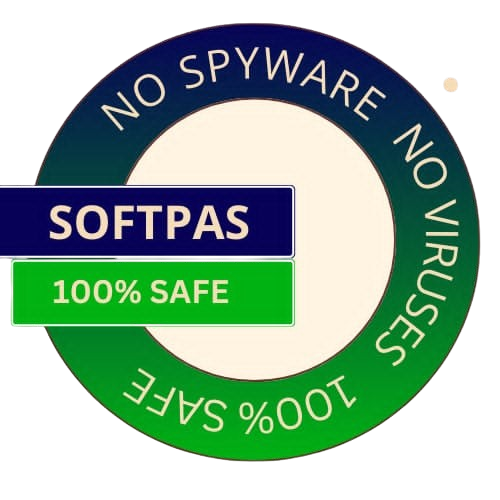
Get the best deals on your favorite games
multicd is a cool tool that gives you a bunch of options for burning CDs. It can be set up in different ways, making it super flexible. Let’s check out some of its neat features!
First off, multicd can run in interactive mode. This means if you're planning to burn more than one disc, you just tell multicd which files you want to back up. It will prompt you to pop in a new disc each time it’s ready to go.
If you prefer something simpler, there’s the non-interactive mode. This option copies your files into an image file and burns just one CD at a time. It assumes you've left a CD in your burner. This mode is perfect if you want to automate the process using scripts or cron jobs.
Another cool feature is the ability to run multicd in multi-threaded mode. If your computer can handle it, this lets you burn one CD image while another image is being prepared with the next set of files. Just keep in mind this feature might slow down on older machines.
The multi-threading only kicks in during interactive mode since non-interactive mode only burns one CD at a time. When using this feature, it's handy to redirect stderr somewhere else so you can keep track of what's going on while cdrecord runs in the background.
I usually do something like:
multicd 2> errThis way, I can open another terminal window and use:
tail -f errThis lets me watch how cdrecord is doing its job live!
Selecting files for backup with multicd is straightforward yet powerful. You could tell it to back up everything (like /), but easily exclude certain directories such as /tmp, /dev, /mnt, and others.
The great thing about multicd is that it only backs up regular files, directories, and symlinks—everything else gets skipped automatically! If there’s an issue reading a file due to permissions or other reasons, it'll skip that file too and let you know by printing a warning.
If you're not ready to burn right away but still want those images made? No problem! You can set multicd up just to create series of image files without burning any discs now—perfect for when you want to save them for later.
This handy software was developed on Linux but should work smoothly on any Unix-like system. If you're interested in checking it out or downloading it now, head over here.
Go to the Softpas website, press the 'Downloads' button, and pick the app you want to download and install—easy and fast!

SoftPas is your platform for the latest software and technology news, reviews, and guides. Stay up to date with cutting-edge trends in tech and software development.
Subscribe to newsletter
© Copyright 2024, SoftPas, All Rights Reserved.